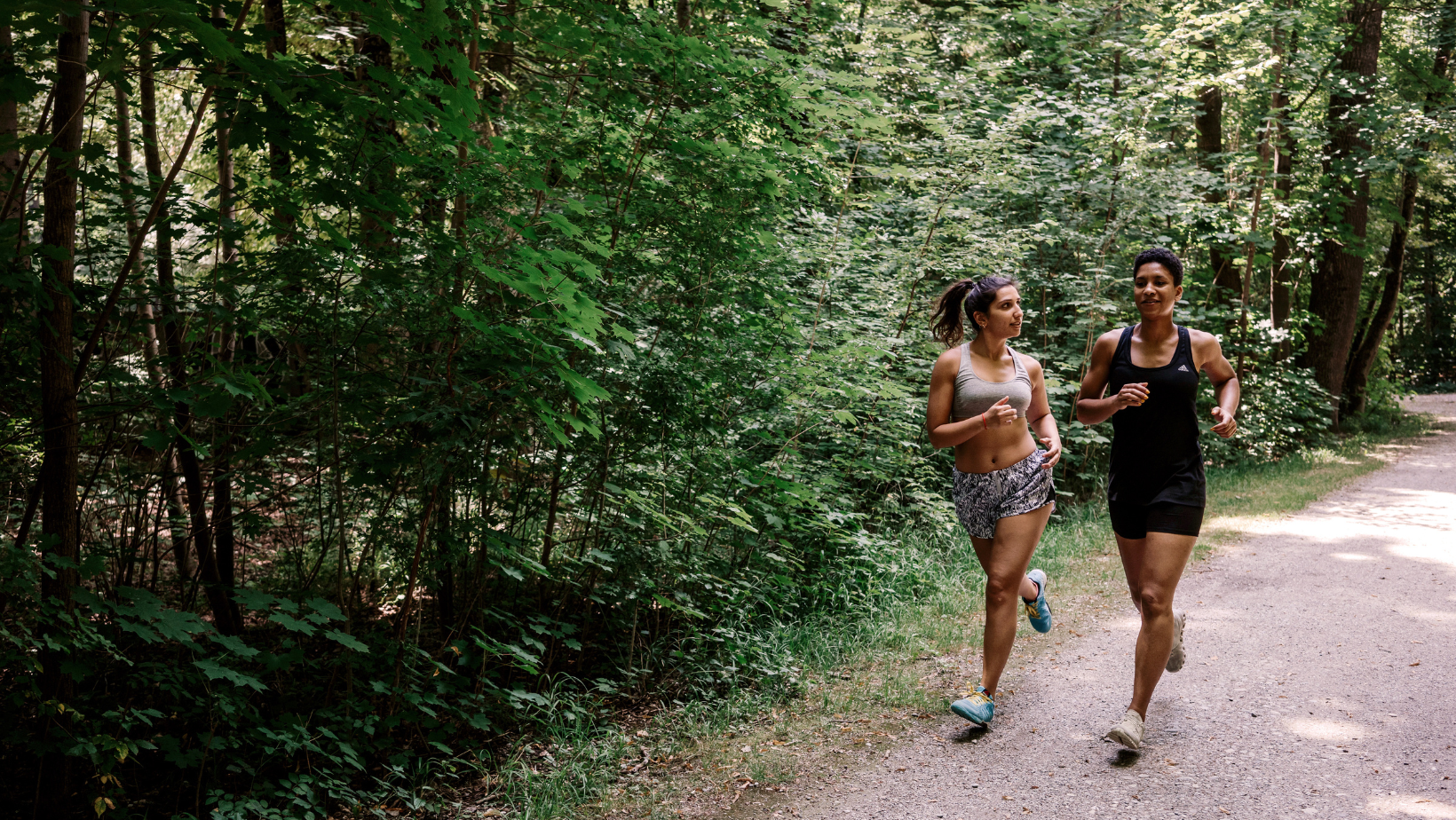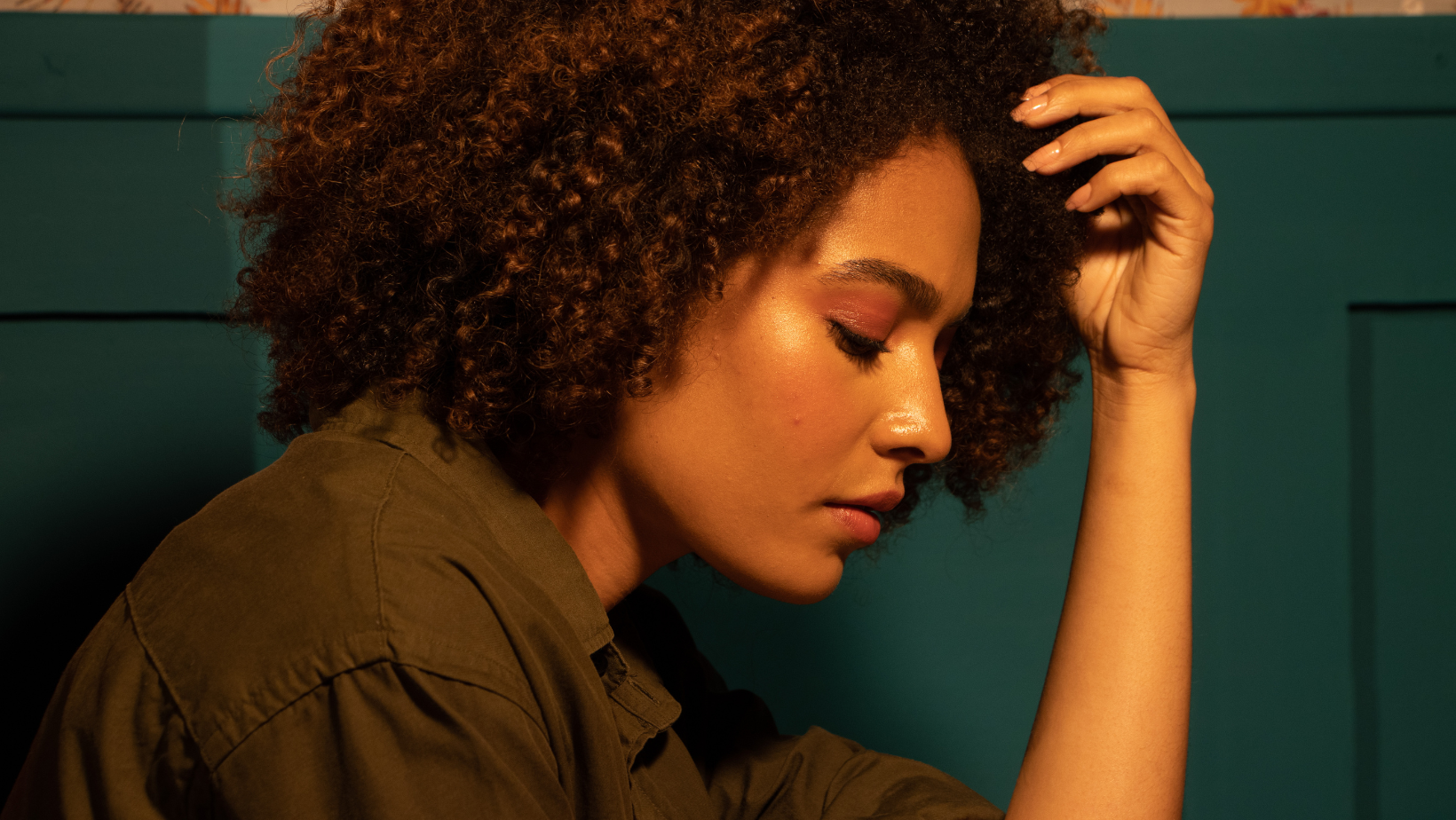Get the Guide
A simple, encouraging guide to help parents confidently transition into homeschooling, build a customized learning rhythm, and create a thriving educational experience at home.
Homeschooling 101 Starter Guide
Family
FAVE LINKS
Topics
Hi, I’m Jennifer — transformation coach, homeschooling mentor, and guide for parents ready to create a life that truly fits. I help you break through fear, align with your values, and confidently design both your child’s education and your own bold, authentic life.

“Our brains are built to benefit from play, no matter what our age.” — Theresa A. Kestly
I have a dear friend I absolutely adore. She’s the most playful person I know—perhaps even more playful than my own son. For her privacy, let’s call her Julia.
When I first met Julia, I was intrigued. I raised an eyebrow, wondering if she was always this silly, fun, and engaged. I couldn’t quite believe that an adult in her 50s could play with life the way she did.
Julia was a teacher, and I took her classes. I watched her encourage her students to approach their lessons with a spirit of play. She didn’t just teach; she invited her students to explore, question, and have fun along the way.
As we became friends over time, I realized this playful approach wasn’t just reserved for her classroom—it was her natural state of being. Whether it was doing parkour with her son, embarking on new adventures, or exploring the depths of spirituality, she approached everything with a lighthearted curiosity and joy.
Years later, I witnessed her face some truly challenging situations. But even then, her playful spirit never wavered. I vividly recall her scrunching her nose, clenching her fist, puffing out her chest, and declaring that she would overcome the challenge.
It was like watching a child dressed as a pirate proclaiming, “Aye, matey!”—only Julia approached these obstacles with the fierce determination and resilience of a warrior.
Through it all, she maintained a commitment to playfulness, knowing it was the key to her strength and perseverance. Julia taught me that even when life feels serious, engaging with it playfully opens us up to creativity, freedom, energy, and deeper learning—gifts many people miss out on.
Think back to some of your favorite memories, whether from childhood or adulthood. Did they involve play?
I believe we are, in part, designed to play—created to engage with life in a joyful, immersive dance with others and the world around us. This is something I’m still learning to embody more fully in my own life.
There are so many ways in which playfulness helps us grow, learn, and connect with the world. Let’s take a closer look at some of the powerful benefits of play.
Increased Creativity
“The creation of something new is not accomplished by the intellect but by the play instinct.” — Carl Jung
As Jung suggests, play unlocks our creativity, allowing us to explore ideas without inhibition and see the world through fresh perspectives. In play, we break free from the confines of rules and expectations, creating a space for our minds to wander and imagine without limits.
This openness fuels innovation and problem-solving, as we experiment with different scenarios and outcomes. Play encourages curiosity and the willingness to take risks—both essential for original thought and creative breakthroughs. Whether through artistic expression, physical movement, or imaginative games, play gives us access to ideas and possibilities we might never find in more structured settings.
Enhanced Capacity for Learning
“Play is our brain’s favorite way of learning.” — Diane Ackerman
The Sudbury Valley School in Massachusetts is built on the principle of play and self-directed learning. Its founder wanted to create an environment where kids could explore questions about their world on their own terms, in a “free marketplace of ideas” and talents.
Studies followed the graduates of Sudbury Valley to see how this unconventional approach impacted their lives. The results were striking: students from this environment developed a natural love for learning and went on to pursue fulfilling, self-directed careers. Play, it seems, fosters not only creativity but also a lifelong thirst for knowledge.
Full Engagement
“We are never more fully alive, more completely ourselves, or more deeply engrossed in anything than when we are playing.” — Charles Schaefer
Play demands full engagement—spiritually, emotionally, intellectually, and often physically. When we play, we immerse ourselves so deeply that we can adopt new personas, master new skills, and explore different ways of being. In these moments, we’re entirely present, fully absorbed in the experience, free to lose ourselves in the joy of the moment.

Building Stronger Relationships
“Play is foundational for bonding relationships and fostering tolerance. It’s where we learn to trust, and where we learn the rules for the game. Play increases creativity and resilience, and it’s all about the generation of diversity—diversity of interactions, behaviors, and connections.” — Isabel Behncke
Many businesses today recognize the value of play in fostering relationships. That’s why they invest in trips, trainings, and events designed to promote team bonding through playful activities. Offices with pool tables, game rooms, and even slides encourage employees to connect in lighthearted ways.
Play reveals different sides of ourselves, leading to deeper communication and more meaningful relationships. In the workplace, this fosters loyalty and commitment, strengthening the bonds that contribute to a thriving organizational culture.
Embracing Play in Your Life
The benefits of play extend far beyond what we’ve discussed here, but this is just the beginning. I encourage you to dive deeper into the subject and embrace play as a way of being. When you do, you’ll begin to experience its incredible gifts firsthand.
If you’re looking for a way to incorporate more play into your life, consider exploring PSYCH-K as a tool to help you make that shift. You can learn more about it HERE.
Go Play,
Jennifer
p.s. Stay ahead of the game and join our community! Sign up for our weekly newsletter HERE to get exclusive insights, tips, and strategies right in your inbox. Don’t miss out on the chance to elevate your journey every week.
Michigan Life Coaching, Personal Growth, and PSYCH-K®️. Taking your life to the next level and creating the abundance you deserve.
Productivity
Homeschooling
authenticity
intuition
BeLIEF CHANGE
Browse the categories
JenniferBeard.com 2025. All Rights Reserved.
17195 Silver Lake Parkway #136 Fenton, MI 48430 | PRIVACY | TERMS
Hi, I’m Jennifer — transformation coach, homeschooling mentor, and guide for those who are ready to create a life that truly fits. I help you break through fear, align with your values, and confidently design both your child’s education and your own bold, authentic life.
HAPPINESS STARTS
WITH YOU!
Get this practical guide for living a life of joy now!
Start homeschooling confidently
Get the homeschool guide
Check out our private coaching




Comments Off on I Double Dog Dare You to PLAY!